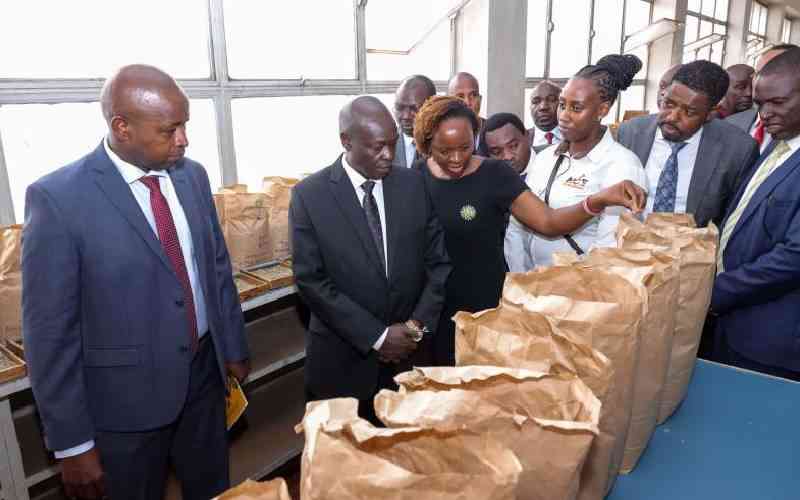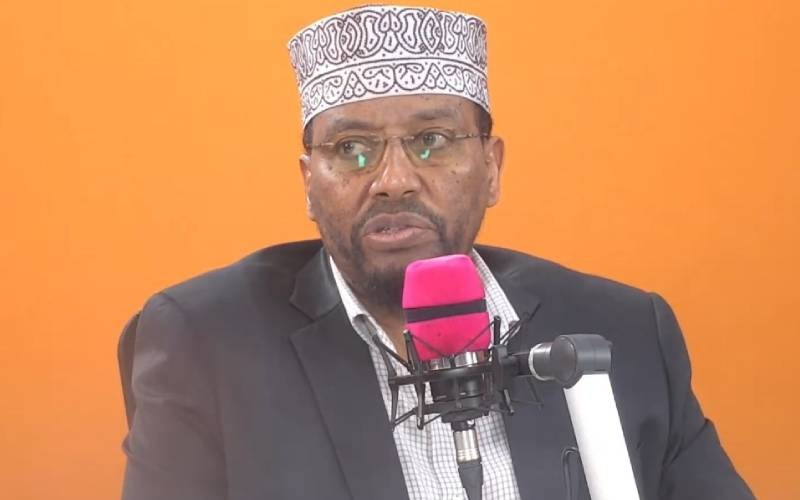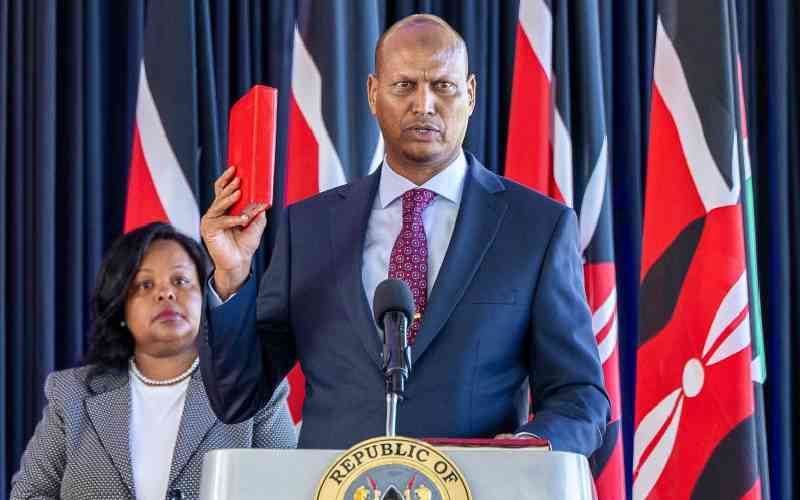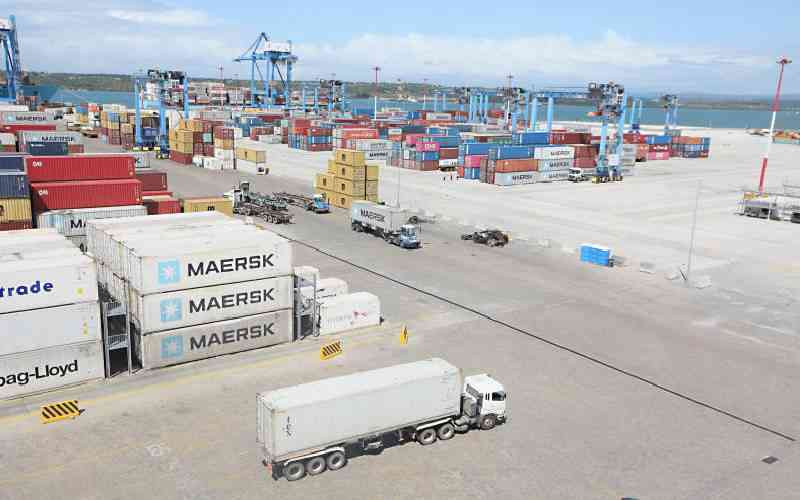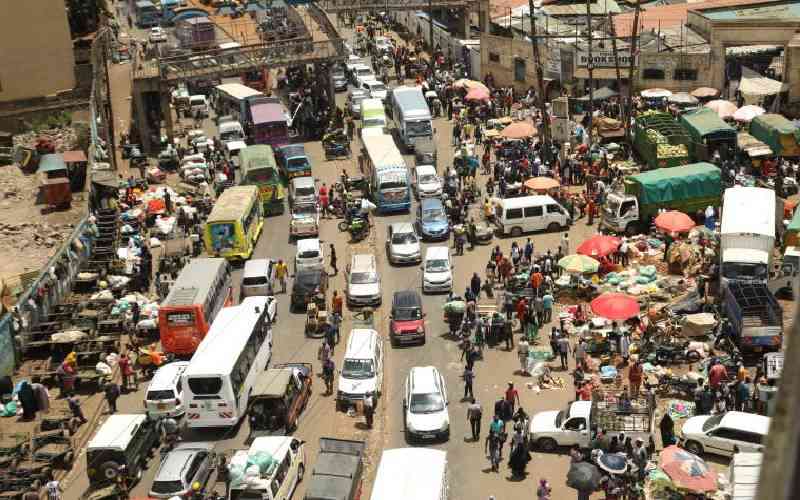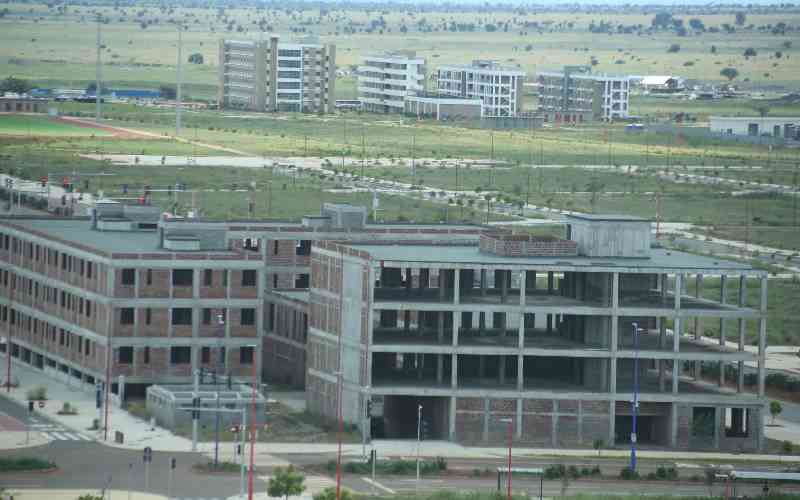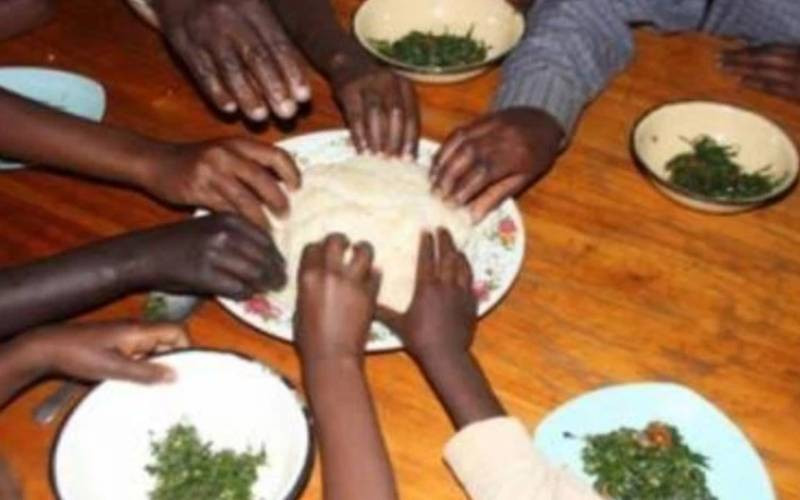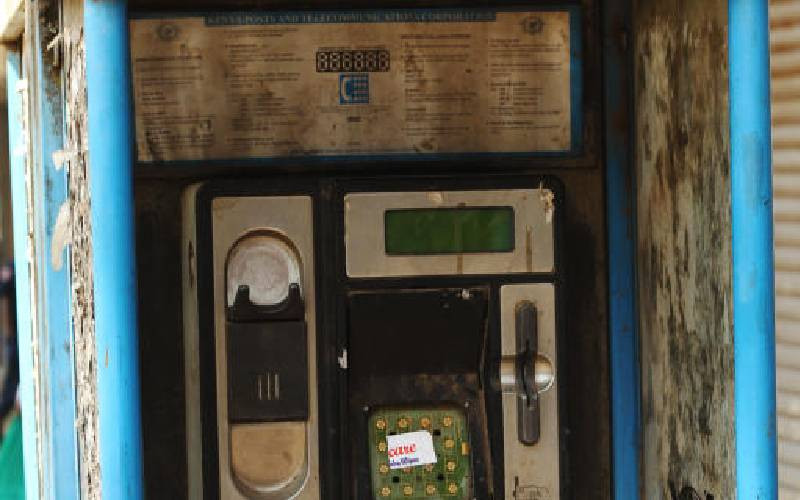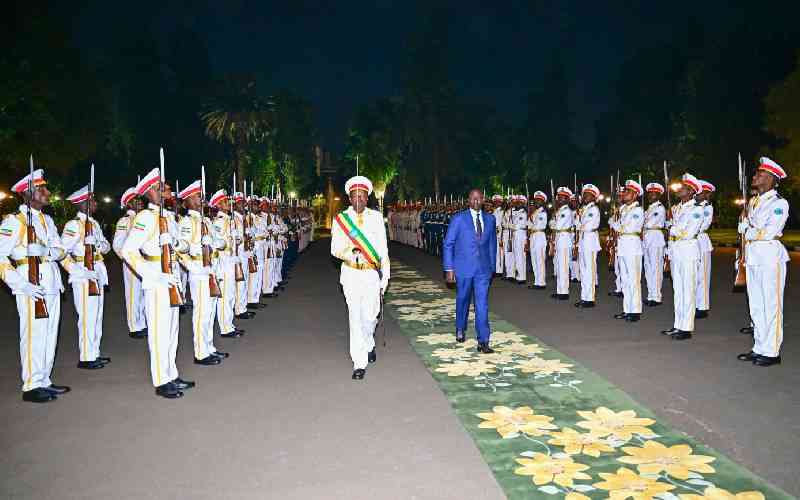
The current political environment is not exactly the same as one the one that prevailed between 2021 and 2022 when William Ruto, a man of unrelenting energy and populist imagination, shook the pillars of Kenya’s political foundation. While ‘hustler nation’ had everyone talking and bottom-up economics offering some hope, the current environment is flat, depressed, and veering to the vitriolic.
Dr Ruto has to change, fast. The warning signs are there: The spruced-up, unified opposition and the hot air emanating from social media. These signals should be enough to convince even the most sceptical that the honeymoon is over and the honeymooners are getting restless.
The 2022 election campaign message was more than perfect. The message of economic hope and frustration was on point. The art of turning all the underdogs into hustlers found a way of using youthful energy to outshine all others. It is clear that the message, once so refreshing and life-giving, is now stale, and must be changed; that the economic burdens on the shoulders of many Kenyans have been exacerbated rather than alleviated and that the leadership style that has been playing the blame-game, mixed messages, and almost appearing disorganised is the problem.
The public opinion of Kenya Kwanza government has soured and every action that is deemed to have presidential imprimatur is now viewed with the twin lenses of impunity, patronage, and political survival and entitlement.
The impeachment of Rigathi Gachagua further divided an already divided government. Further, it pitted Ruto in a duel for the soul of Mt Kenya with his former deputy. In the ensuing battle, the Opposition has been so efficient in painting this government as a loose amalgamation of opportunists who will stab each other in times of trouble.
The President must change if he is to command authority and cut through the increasing disillusionment in the country and fast. Former President Daniel arap Moi knew how to surround himself with talent. When he appointed the so-called “Dream Team” in the late 1990s, bringing technocrats such as Dr Richard Leakey and Dr Shem Migot-Adholla and many to the service of the government in different dockets, his message was that it was about performance and delivery, not political loyalty or friendship. The time has come for a move in that direction.
Ruto should borrow a leaf from Moi and appoint a team that is free from political baggage, tribal allegiances, and social media populism to rebuild the economy, restore investor confidence, and drive his policy agenda. It means going over Cabinet secretaries, Principal secretaries, heads of parastatals, and board chairpersons and telling each of them that in this team, only the best will serve. If he wants to save his economic reform dream, he will have to streamline his Cabinet and work with a leaner, sharper, and more equipped team. If he is not going to become entrapped in the intrigues of survival, he will have to build his Cabinet around his legacy and look for talent elsewhere.
It takes a bold president to do something bold. It will take moral courage to hold people accountable. Kenyans have been screaming for accountability and action, especially from their leaders, and if Ruto is going to lead from the front on matters of national cohesion and integrity, that will mean allowing bona fide prosecutions to go on against members of the executive caught involved in corruption, hate speech, or any form of office abuse.
This may mean dispensing with some of the hard-core loyalists who have been shielding corrupt people in the name of support. It may be painful, but it has to be done. This is the surest way for Ruto to show the nation that he is not the President of the corrupt but a president who is fighting the cause that landed him in State House. It may be excruciating, but it will be worth it. And if Ruto wants to rise above petty politics and show that he is different from the other politicians that he lampooned and pilloried in the run-up to the last election, then this is the time. Principle must win over politics.
And lastly, the more pressing issue for Ruto is for him to drop what we shall call “borrowed political legs,” be they ODM legs, the legs of opportunists who left their political parties in droves to ride on Ruto’s coat-tails, or, I would suggest, the loose caboodle of regional, not national, that opportunistic parties gave him as a merger that gave him majority victory in Parliament. The regime needs to stand on its own two legs.
It means that the Kenya Kwanza regime must give birth to a new political brand born not of sloganeering but performance and integrity. The war on social media will not be won by the public relations (PR) machinery alone, it will be won by results: Lower food prices, smooth service delivery, job creation for the youth, and bringing the country together to work towards a common goal. These things will win Ruto more admirers than any PR gimmick can.
Time is running out for Ruto. The longer he keeps the same people in the same positions doing the same things and talking the same talk, the longer his presidency will sink in the mire and the more difficult it will be for him to reverse the downward spiral. But that does not mean there is no more time. There is still time if he is to rise to the occasion with all the urgency and purpose that the moment demands. The country is watching him.
